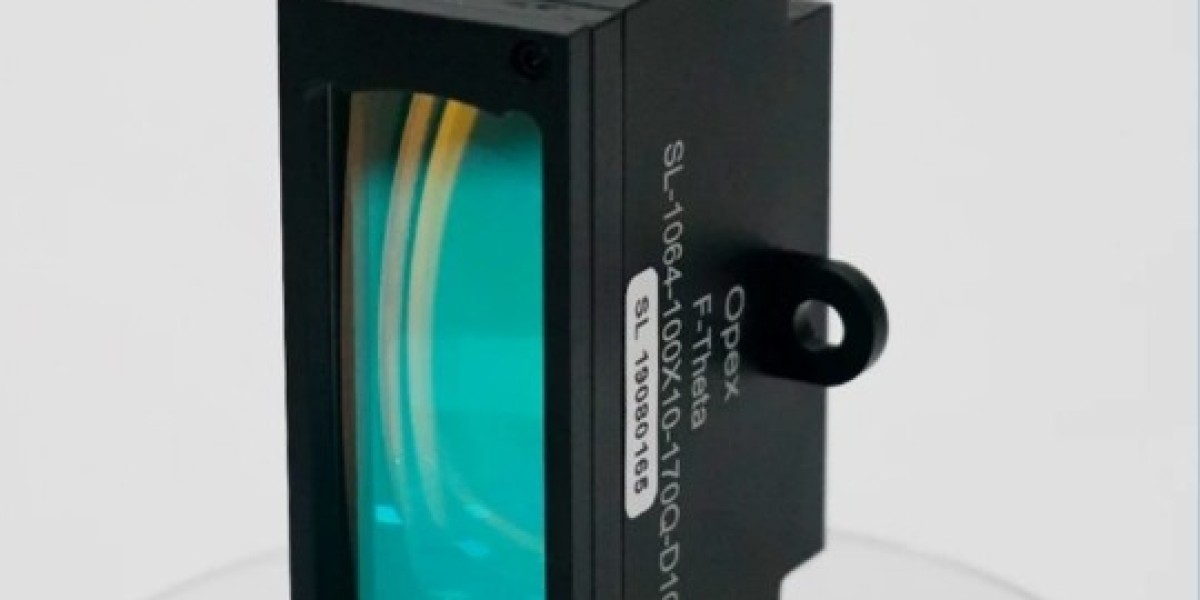Welcome to the eco-conscious revolution! In a world where sustainability is becoming increasingly important, composting has emerged as a powerful way to reduce waste and nourish our planet. And what better way to kickstart your composting journey than by using compostable trash bags? These innovative bags not only make waste disposal a breeze but also contribute to the overall health of our environment. So, if you're ready to join the movement towards sustainable living, keep reading as we dive into everything you need to know about compostable trash bags and how they can transform your waste management routine.
What is composting?
Composting is nature's way of recycling organic waste into nutrient-rich soil. It's a natural process that breaks down materials like food scraps, yard trimmings, and even paper products, turning them into a dark, crumbly substance called compost. This compost can then be used to enrich the soil in gardens, lawns, and potted plants.
At its core, composting works by providing the right conditions for microorganisms such as bacteria and fungi to break down organic matter. These tiny creatures feast on the waste material, breaking it down into simpler forms that are easier for plants to absorb. The key ingredients for successful composting include a mix of green (nitrogen-rich) materials like fruit peels and grass clippings and brown (carbon-rich) materials like leaves or shredded newspaper.
The magic happens when these ingredients are combined in proper ratios with adequate moisture levels and oxygen supply. As the microorganisms do their job, heat is generated within the pile or bin – this is known as "hot" composting. However, if you prefer a slower approach or have limited space available, you can opt for "cold" composting instead.
Composting not only diverts organic waste from landfills but also reduces greenhouse gas emissions associated with decomposition in anaerobic conditions. By diverting food scraps from trash bins to your own backyard composter or community garden's system, you're actively contributing to reducing methane emissions while creating valuable fertilizer for your plants.
So why wait? Start embracing composting today! With just a little bit of effort on your part – collecting kitchen scraps instead of throwing them away – you'll be well on your way towards greener living.
Why compost?
Composting is a simple act that can have a profound impact on the environment. But why should you bother composting in the first place? Well, there are plenty of reasons to embrace this eco-friendly practice.
First and foremost, composting helps reduce waste. Instead of sending organic materials like food scraps and yard trimmings to the landfill, where they contribute to greenhouse gas emissions, composting allows these materials to be transformed into nutrient-rich soil amendment. This not only reduces the amount of waste going into landfills but also helps close the loop in our consumption cycle.
Additionally, composting can help improve soil health and fertility. By adding compost to your garden or plants, you're enriching the soil with essential nutrients and beneficial microorganisms. This leads to healthier plants that require fewer synthetic fertilizers and pesticides. Plus, it helps retain moisture in the soil, reducing water usage.
Composting also supports biodiversity by creating a habitat for various organisms such as worms and insects that play important roles in decomposition processes. These creatures break down organic matter into humus, which further enhances soil structure and nutrient availability.
Furthermore, composting is an effective way to combat climate change. When organic waste decomposes anaerobically in landfills (without oxygen), it produces methane—a potent greenhouse gas contributing to global warming. Composting aerobically (with oxygen) instead generates carbon dioxide—a less harmful greenhouse gas—while simultaneously capturing carbon from the atmosphere through plant material decomposition.
Engaging in composting cultivates mindfulness about our consumption habits and fosters a connection with nature's cycles of renewal and regeneration.
All things considered, embracing composting as part of your eco-conscious lifestyle brings numerous benefits—from reducing waste and improving soils to supporting biodiversity—all while playing a role in mitigating climate change.
How to compost
Composting is a simple and effective way to reduce waste and create nutrient-rich soil for your garden. Here are some tips on how to compost:
Start by choosing a suitable location for your compost pile or bin. It should be easily accessible but not too close to your house, as it may attract pests.
Next, gather your organic materials. This includes fruit and vegetable scraps, coffee grounds, eggshells, yard trimmings, and shredded newspaper. Avoid adding meat or dairy products as they can attract unwanted animals.
Layer the organic materials in your compost bin or pile. Alternate between green (nitrogen-rich) and brown (carbon-rich) materials to maintain a good balance. Make sure you chop larger items into smaller pieces to speed up decomposition.
Keep your compost moist but not soggy. Use a hose or watering can to add water when needed, especially during dry periods.
Turn the compost regularly with a pitchfork or shovel to aerate it and help break down the materials faster. This will also prevent unpleasant odors from forming.
Be patient! Composting takes time – usually several months – before it turns into usable humus-like material called "black gold." Once it's ready, spread it over your garden beds or mix it with potting soil for indoor plants.
Remember that everyone's composting journey is unique - experiment with different techniques and find what works best for you! Happy composting!
The best compostable trash bags on the market
When it comes to eco-conscious living, composting is an essential practice that helps reduce waste and nourish the Earth. And if you're already committed to composting, using compostable trash bags can take your sustainable waste disposal to the next level!
But with so many options on the market, how do you choose the best compostable trash bags? Here are a few top contenders that have gained popularity among environmentally conscious individuals:
1. Brand A: These compostable trash bags are made from plant-based materials like cornstarch or vegetable oils. They break down naturally in a home or industrial composting system without leaving harmful residues behind.
2. Brand B: Their bags are not only compostable but also biodegradable, meaning they will decompose over time even in non-composting environments. Plus, they come in various sizes and thicknesses to accommodate different needs.
3. Brand C: Known for their durability, these trash bags made from renewable resources offer leak-proof designs and strong handles for easy transportation to your outdoor composter or community collection site.
Remember that choosing the best option depends on your specific needs and preferences. Consider factors like bag size, strength, odor control features, and certifications like ASTM D6400 or BPI certification for authenticity.
Now that you've chosen your preferred brand of compostable trash bags let's talk about how to use them effectively!
How to use compostable trash bags
Using compostable trash bags is a simple and effective way to contribute to sustainable waste disposal. Here are some tips on how to use them properly:
1. Choose the right size: When purchasing compostable trash bags, make sure you select the appropriate size for your needs. Consider the volume of waste you generate and choose a bag that will comfortably accommodate it.
2. Line your bin: Place the compostable trash bag inside your garbage bin or container to line it effectively. This will prevent any direct contact between waste and the bin, making it easier to clean later.
3. Dispose of organic waste: Compostable trash bags are specifically designed for organic waste such as fruit and vegetable peels, coffee grounds, and eggshells. Collect these items in your kitchen using a smaller container lined with a compostable bag before transferring them into your larger outdoor composter.
4. Seal properly: Ensure that you tie up the top of the compostable bag securely before disposing of it in an outdoor composter or municipal green bin collection service.
5. Store responsibly: If you prefer storing your food scraps temporarily before adding them to a larger outdoor composter, place them in an air-tight container lined with a compostable bag until ready for transfer.
By following these simple steps, you can make eco-conscious choices by incorporating compostable trash bags into your daily routine!
Conclusion
In today's world, where sustainability is becoming increasingly important, composting offers a simple yet effective way to reduce waste and create nutrient-rich soil for our gardens. And when it comes to composting, using compostable trash bags is a great step towards eco-conscious living.
By choosing compostable trash bags over traditional plastic ones, you can significantly minimize your environmental impact. These innovative bags are made from renewable resources such as cornstarch or plant fibers that break down naturally in the composting process. Not only do they reduce plastic waste in landfills but also help improve the quality of the resulting compost.
When it comes to selecting the best compostable trash bags on the market, there are several options available. Brands like BioBag and Green Earth offer high-quality products that are certified as compostable by recognized organizations such as the Biodegradable Products Institute (BPI). Look for bags that meet ASTM D6400 or EN 13432 standards to ensure their authenticity.
Using these bags is no different from using regular garbage bags. Simply line your kitchen countertop bin or outdoor composter with them and dispose of your organic waste as usual. The beauty of these bags lies in their ability to break down alongside the organic material, eliminating any need for separating them during disposal.
It's important to note that while these bags are designed for use in municipal or industrial facilities equipped for large-scale commercial composting, they may not fully degrade in home backyard bins due to varying conditions such as temperature and moisture levels. However, they still contribute less harm than conventional plastics if they do end up in a landfill.
So why wait? Make an environmentally responsible choice by switching to compostable trash bags today! By incorporating this small change into your daily routine, you can make a big difference in reducing plastic waste and promoting sustainable living.








